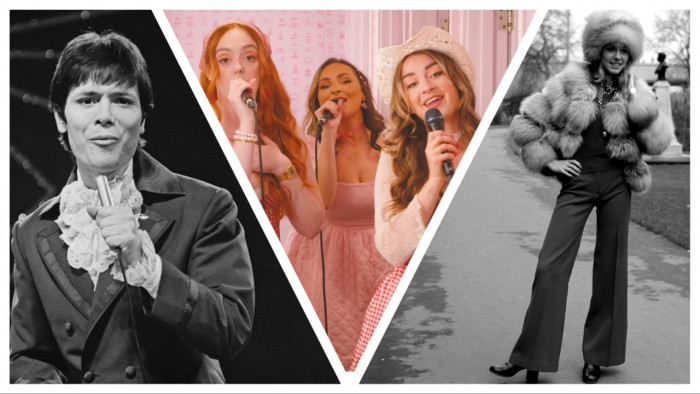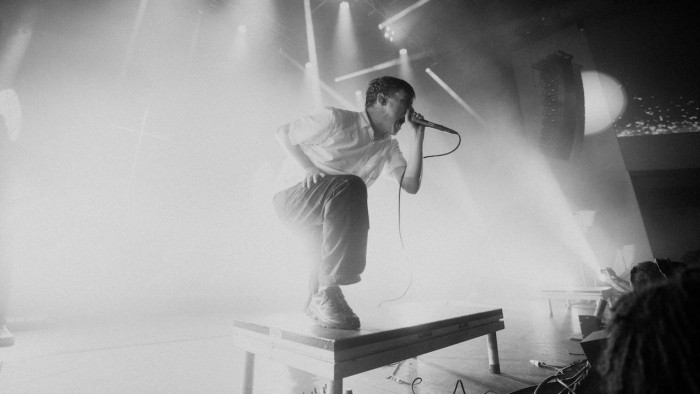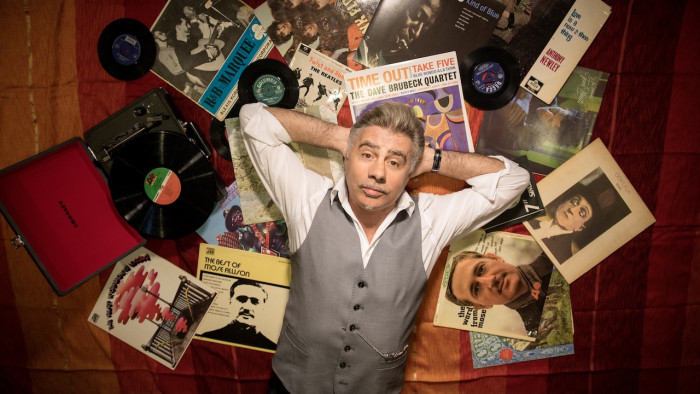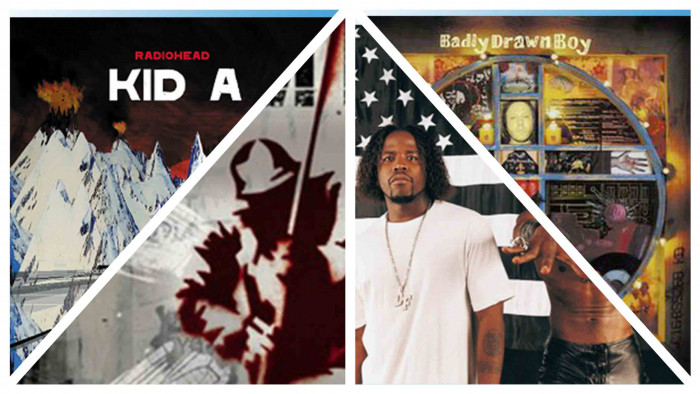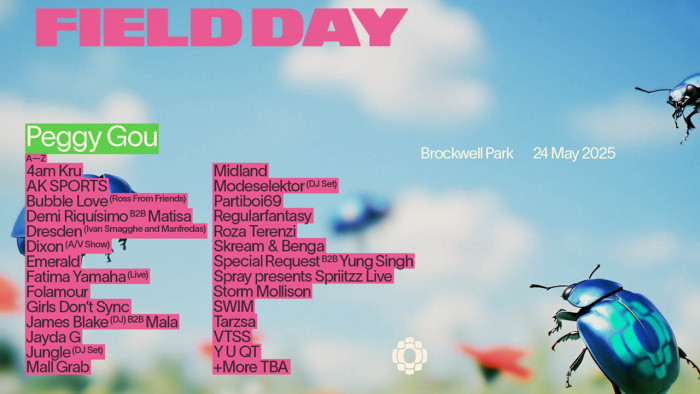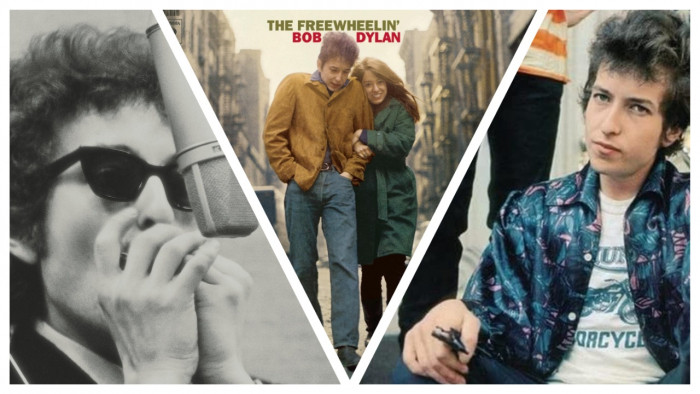Why Spotify's ban on “hate content” isn’t solving the problem, it’s hiding from it
The company should not cave into moral panics and Twitter hype if it truly wants to solve a problem


Last week, Spotify released a new policy aiming to clamp-down on the “hate content & hateful conduct” of their featured artists. The move was hinged-off another bout of concern over R. Kelly’s alleged, sexually violent behaviours.
For years, the veteran R&B singer has been accused of acts such as holding teenage girls against their will in a “sex cult,” and the most recent public response to this, energised by other Twitter campaigns against sexual harassment like #MeToo and #TimesUp, culminated in the hashtag #MuteRKelly. As of May 10th the streaming company has stopped recommending Kelly’s music or featuring it on their official playlists.

R. Kelly in concert
On the one hand, it is comforting to see action being taken that acknowledges the singer’s alleged crimes and thereby sets a precedent of holding artists with morally unsound histories to account. On the other, however, the move is laced with inconsistency and disingenuity. There will be thousands of artists promoted by Spotify who have criminal records, whereas R. Kelly – whatever you might think about him – remains innocent in the court of law. Will Spotify stop promoting the music of every artist who has indulged in violent or otherwise unacceptable conduct? I doubt it. The move seems to be more about symbolism and PR – this is further evidenced by the fact Kelly’s music is still streamable on the site, buried but not blocked.
Regardless, amongst the clamour of debate there has been little attention paid to the second component of Spotify’s policy, which focuses on the prospective censorship of musical content, per se, rather than the character or conduct of its artists.
The policy pledges to remove music that “expressly and principally promotes, advocates, or incites hatred or violence against a group or individual based on characteristics, including, race, religion, gender identity, sex, ethnicity, nationality, sexual orientation, veteran status, or disability.”
This clause is more problematic than the first. More than acting to reduce the exposure of artists who indulge in “hateful conduct,” Spotify has granted itself the power to make arbitrary judgements about what constitutes unacceptable artistic expression. In other words, whilst any genuinely violent and hateful music might rightfully raise concern, the policy writes-into-stone a principle which could lead to a slippery-slope of censorship.
“We require a more deep-rooted and realistic solution than one of surface-level censorship”
As the democratisation of digital power and content continues at speed, modern life is full of questions about how we ought to police the dovetail of musical output and its presence on social media platforms.
Take the controversial underground rap genre, UK drill music, a violent sound which is increasingly popular amongst teenagers in London, as a case-in-point. There is evidence that the way drill is consumed and shared on YouTube, Snapchat and Instagram is linked to – though not, like the moral panic which exploded last month tried to claim, the reason for – the recent spike in youth violence in the English capital city.
The lifeblood of ‘drill’ is the way threats are communicated between artists via its lyricism and videos, and in many cases rivalries heightened through the music are replicated on the roads. In a recent weekend of violence that spilled-out across the city, 17-year-old Rhyheim Barton, known amongst local teenagers in south London as GB, a member of the drill collective Moscow17, was shot dead whilst playing football with his friends.

A forensic tent covering the scene where a 20-year-old man was fatally stabbed in Hackney this April
It is no secret for those paying attention to the drill scene that Moscow17 are embroiled in a lyrical and literal war with other local groups of young men. To deny any connection between the technological trends of music and the potential for it to entrench the capacity for social tragedy would be disingenuous. For this reason, we ought to be interrogating the role that artistic and social media industries play in modern public life – especially whilst taking the welfare of young people into account.
But more pressingly, surely we require a more deep-rooted and realistic solution than one of surface-level censorship? As has always been the case in hip-hop and it’s descendent genres, the violence articulated in lyrics is merely a reflection of the disaffection and justified anger felt by the marginalised artists making it. This has been the case from NWA’s ‘Fuck Tha Police’ in 1988 to Lethal Bizzle’s early grime banger ‘POW!’ in 2004 (which got banned in many London clubs for the ruckus it would cause) and beyond.
For many young people I have worked with, drill music is the soundtrack to local life and, in the absence of other modes of support, has become the only viable, DIY route out of claustrophobic inner-city poverty. More specifically, it is a vital lifeline of expression and empowerment for teenage boys who are otherwise demonised at school, by police, and in the largely unrepresentative mainstream media.
To cave simplistically to the shallow analysis brought by moral panic or Twitter hype, rather than see challenging forms of music as product of their closed, challenging environment, as well as an opportunity for the world at large to learn about that environment, is a missed opportunity.
“Private, profit-making companies are making poorly-defined yet culturally influential judgements”
Whilst Spotify’s policy goes on to stress that “cultural standards and sensitivities vary widely” and that it will “always look at the entire context” of music, it is difficult to see how a policy like this won’t lower the bar for more insidiously-framed censoring techniques to be employed by private gatekeepers of culture going forward. The fact private, profit-making companies can make such poorly-defined yet culturally influential judgements about the boundaries of acceptable musical expression should ring alarm bells.
What’s more, from a public policy perspective, censoring music to stem violence or the social world it stems from, aside from running the risk of unfairly promoting particular cultures at the expense of others, would be a bit like sticking a tiny plaster on a neglected open wound. It is not a solution; if anything it will only drive social ills being represented deeper. In UK drill’s case, music is not to blame for failing public services, for cycles of claustrophobic familial instability, for a squeezed state education system. People in positions of financial and political power are.
In 2018, laissez-faire capitalism, technological advancement and increasingly undervalued artistic expression are colliding to create unprecedented cultural moments. Private companies, not the state, not the law, can clearly dictate the artistic and ethical boundaries of society. Isn’t that quite scary?
R. Kelly deserves scrutiny. If it is conducted with sensitive appreciation of their social backdrop and cultural significance, so do particularly violent trends of youth culture like UK drill music. But this scrutiny should not automatically collapse into censorship - especially when the prying fingers of profit are the same ones writing the laws.
(Pics: Getty)

